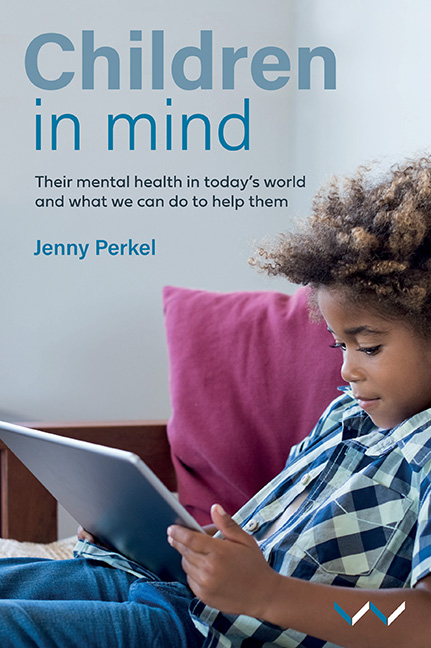Summary
Things are changing so fast that today's world will soon be yesterday's world and this book will need revision. A review of some of the literature about whether childhood behavioural and emotional problems are worse today than what they were a few decades ago reveals some contradictory and confusing findings. It depends which children are being examined, under what contexts and where. Some researchers and authors are sure that children are more distressed these days. As is true for all matters related to mental health, the issues are complicated and cannot be oversimplified. Research does seem to show that certain childhood mental disorders are diagnosed more frequently today than before. Autism spectrum disorder is one example. Conduct disorder under certain circumstances also seems to be on the rise.
Some research suggests that today's children are unhappier and more anxious than they used to be. There are theories and assumptions about why this could be so, some based on more evidence than others. Hypothesised reasons – based on some convincing research – for increased distress in children include excessive use of screens, social media and the internet, as well as extreme pressure and stress with regards to achievement and success. Requiring more research is the popular opinion that children are less happy nowadays because they are sometimes alienated from nature and the outdoors and their lives are less free, physical and playful. It is widely accepted that being exposed to adversity such as toxic stress in early life, ongoing traumatic experiences, dysfunctional family relationships, parents with mental disorders, physical and sexual abuse all do have an impact on the mental health of children.
Modern families take all kinds of different forms and this does not necessarily have a negative impact on children. The early trauma and losses that might be associated with these circumstances are probably more likely to bring about a range of emotional and behavioural disturbances. Divorce can be highly traumatic for couples and for their children. But the effects on children are not insurmountable. Divorced parents can play a major role in mitigating the negative effects of their separation by working together as parents in a cooperative and non-conflictual way.
- Type
- Chapter
- Information
- Children in MindTheir Mental Health in Today's World and What We Can Do to Help Them, pp. 154 - 158Publisher: Wits University PressPrint publication year: 2022



